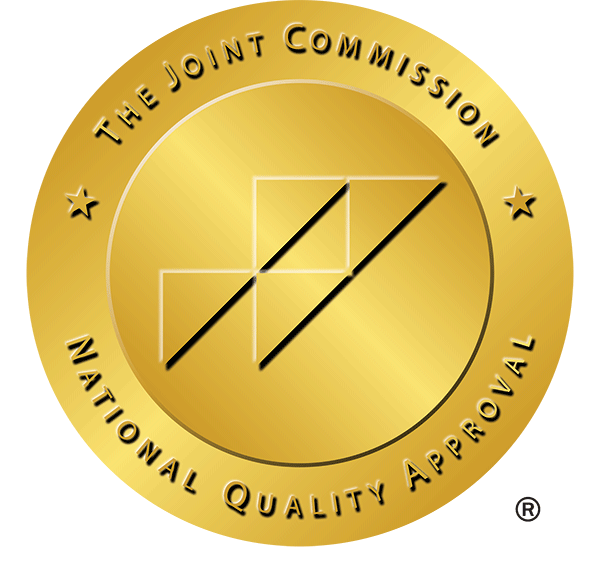Table of Contents
Klonopin Fundamentals
This guide will discuss how long Klonopin stays in your system and how to get help for a Klonopin addiction. Remember, Klonopin addiction—or any substance use addiction—does not have to take over your life. Fortunately, there are many options available to help treat substance use disorder.
What Is Klonopin?
How Is Klonopin Used?
- Generalized anxiety disorder
- Panic disorder
- Social anxiety disorder
- Agoraphobia
- Post-traumatic stress disorder
How Long Does Klonopin Take to Work?
What Are the Effects of Klonopin?
Like other benzodiazepines, Klonopin produces its effects by depressing the central nervous system. This can help the body relax and alleviate symptoms of anxiety; however, Klonopin’s side effects can quickly lead to problems. Common side effects include:
Note that Klonopin’s effect on blood pressure and respiration can lead to unconsciousness and overdose if taken in high doses.
- Feelings of tiredness
- Low blood pressure
- Slower respiration
- Slowed heart rate
- Memory loss
How Long Does Klonopin Stay In Your System?
Urine
Saliva
Blood
Hair
What Factors Influence How Long Klonopin Remains in Your Body?
- Age (older individuals eliminate drugs slower)
- Liver function
- Average Klonopin dose (higher doses can be detected longer)
- Frequency of use
- Duration of use
Klonopin Withdrawal Risks
The use of Klonopin medication for long periods or in high dosages can create a risk of serious withdrawal effects. Note that benzodiazepines are one of the most dangerous drug classes in terms of withdrawal, as they can result in life-threatening withdrawal symptoms. Thus, detoxing from drugs, especially benzodiazepines such as Klonopin, is crucial because it ensures patients’ safety and protection.
Klonopin Withdrawal Side Effects
- Seizures
- Shakes
- Hallucinations
- Stomach cramps
- Muscle cramps
- Anxiety
- Restlessness
- Sleep difficulties
Of all of the withdrawal symptoms, seizures are the most concerning. This is because seizures from Klonopin withdrawal can be deadly and must be treated with targeted medication to ensure safety. Seeking treatment at a professional medical detox center is the only way to guarantee safety during this period and can also help manage other Klonopin side effects.
Treatment for Klonopin Addiction
Treating Klonopin addiction requires a multi-pronged approach to address the physical, emotional, and social consequences of a substance use disorder. High-quality addiction treatment typically addresses these issues in distinct stages, provided at specialized facilities with trained medical and clinical professionals.
Detoxification
The first step in treating Klonopin addiction is medical detox. A medical detox center will provide targeted medications to address withdrawal symptoms, a safe place for recovery, and twenty-four-seven observations to ensure that all symptoms are addressed.
Inpatient Care
Residential treatment is typically the next step in addiction care. At an inpatient treatment facility, patients live on-site with other people trying to recover from substance use disorders and receive intensive treatment daily. This structure allows residents to fully dedicate themselves to working towards recovery and provides substantial peer and professional support.
Outpatient Care
- It allows patients to continue working
- Patients sleep in their own beds
- Patients keep up with family and social obligations
- It provides long-term support for recovery
Therapies
- Individual and group therapies
- Cognitive behavioral therapy
- Medication-assisted treatment
- Motivational interviewing
- 12 step facilitation
Resources
- https://journals.lww.com/intclinpsychopharm/Fulltext/2006/05000/Clonazepam_treatment_of_lysergic_acid.00001.aspx?casa_token=k9DO4bdm9SQAAAAA:58RQtuvrz2BKLlzFx0nxJl-k1Ms3qypOhcpJHw03ZARe95phPUz5sPHr0YBCQXMkFR18e7FkTmG7HGLh5Rf8dm-q
- https://jamanetwork.com/journals/jamaneurology/article-abstract/574467?casa_token=Sx5O2rukSlAAAAAA:3ZtkyRalo8dyJ-CmuNV7sZy05NGe1DWvHHDOV0R1EudcOgeGrdRr_aMYt8HQrfF53Ymk90AY8Hk
- https://www.accessdata.fda.gov/drugsatfda_docs/label/2013/017533s053,020813s009lbl.pdf
- https://www.sciencedirect.com/science/article/pii/S0740547208001384?casa_token=rZyrIBJhBRkAAAAA:t0lCoWQdMFn9aEsy8PplLHcmtqa30Zo9F0B9KIWp-UTTF_U5s4xdLgtxSNisSFVwolDiAZIjFdQ




